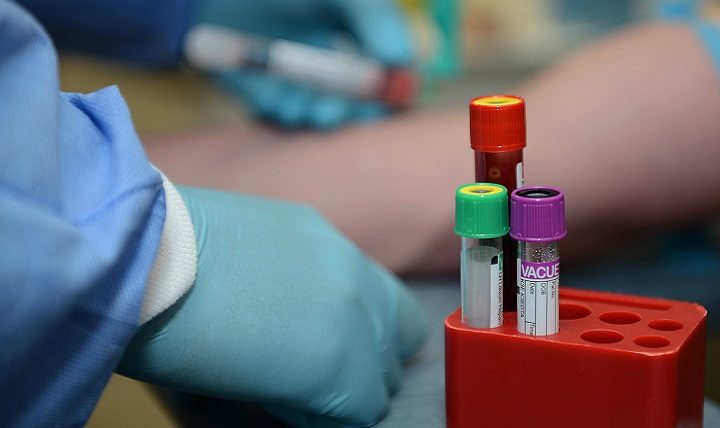The NYPD's new DNA dragnet: The department is collecting and storing genetic information, with virtually no rules to curb their use
By Allison Lewis,
Daily News
| 02. 08. 2019
If you think clandestine DNA dragnets and secret databases are things of science fiction, I have some upsetting news.
From the same law enforcement playbook that brought you stop-and-frisk comes the latest form of racial profiling and policing: the knock-and-spit. We’ve learned that NYPD officers are willing to knock on doors to take New Yorkers’ DNA, whether by “consent” or at the precinct by offering people a cigarette or drink to collect their spit. And once again, as the city’s primary public defenders, we see this latest law enforcement sweep is happening mainly to New Yorkers of color.
Take as an extreme example the police investigation of the Howard Beach jogger case. Before they identified a suspect, the NYPD collected well over 500 DNA profiles from men in the East New York area. Imagine police knocking on doors, in uniform, with a cheek swab in hand, asking residents to prove they didn’t kill the jogger in the nearby park.
They were willing to do it in East New York. Do you think this would happen on Park Ave.? In Park...
Related Articles
By Scott Solomon, The MIT Press Reader | 02.12.2026
Chris Mason is a man in a hurry.
“Sometimes walking from the subway to the lab takes too long, so I’ll start running,” he told me over breakfast at a bistro near his home in Brooklyn on a crisp...
By Diaa Hadid and Shweta Desai, NPR | 01.29.2026
MUMBRA, India — The afternoon sun shines on the woman in a commuter-town café, highlighting her almond-shaped eyes and pale skin, a look often sought after by couples who need an egg to have a baby.
"I have good eggs,"...
By George Janes, BioNews | 01.12.2026
A heart attack patient has become the first person to be treated in a clinical trial of an experimental gene therapy, which aims to strengthen blood vessels after coronary bypass surgery.
Coronary artery bypass surgery is performed to treat...
By Staff, ScienceDaily | 01.05.2026
Scientists at UNSW Sydney have developed a new form of CRISPR technology that could make gene therapy safer while also resolving a decades-long debate about how genes are switched off. The research shows that small chemical markers attached to DNA
...




